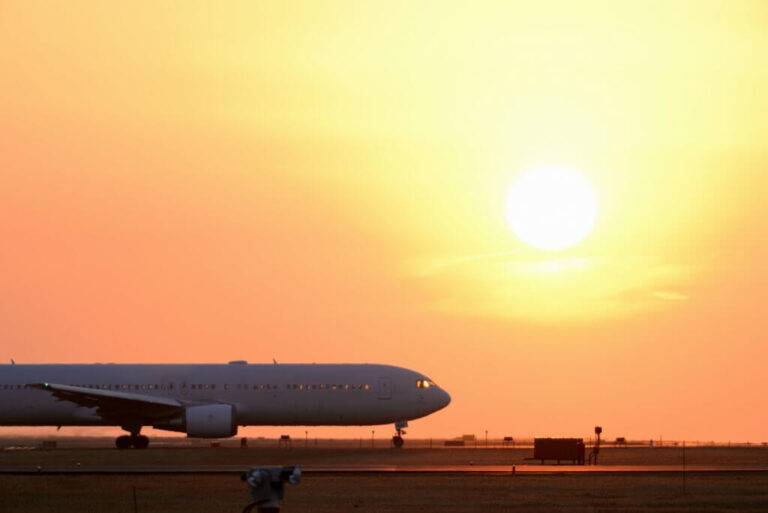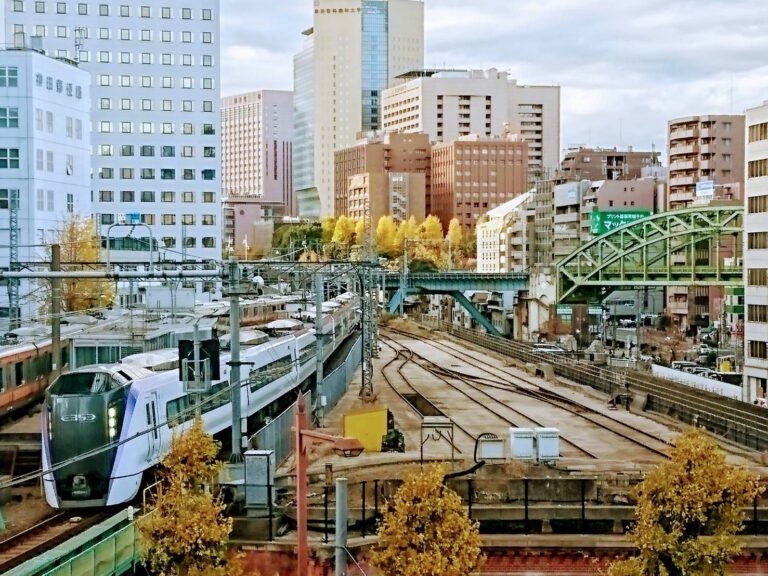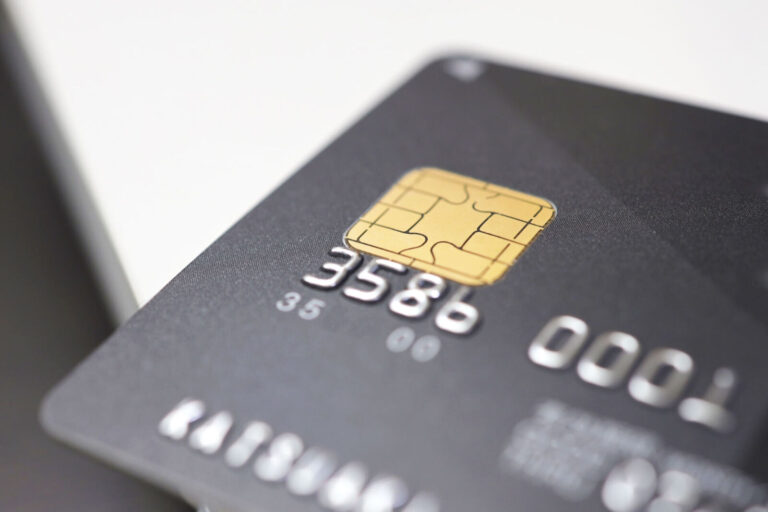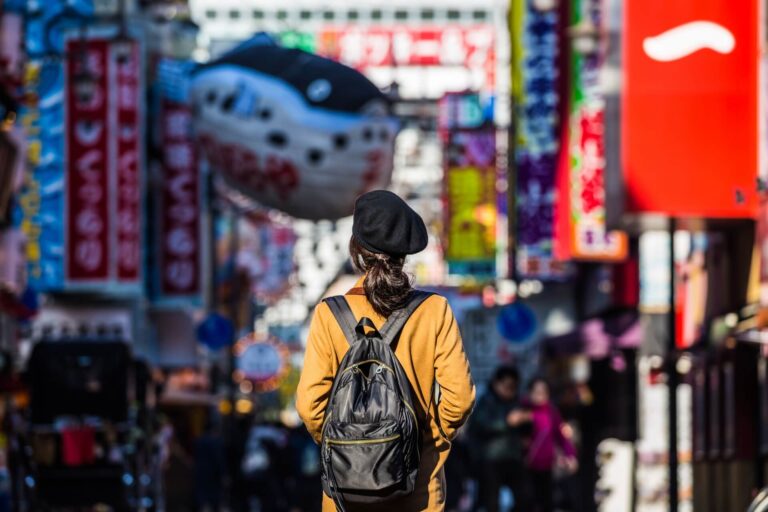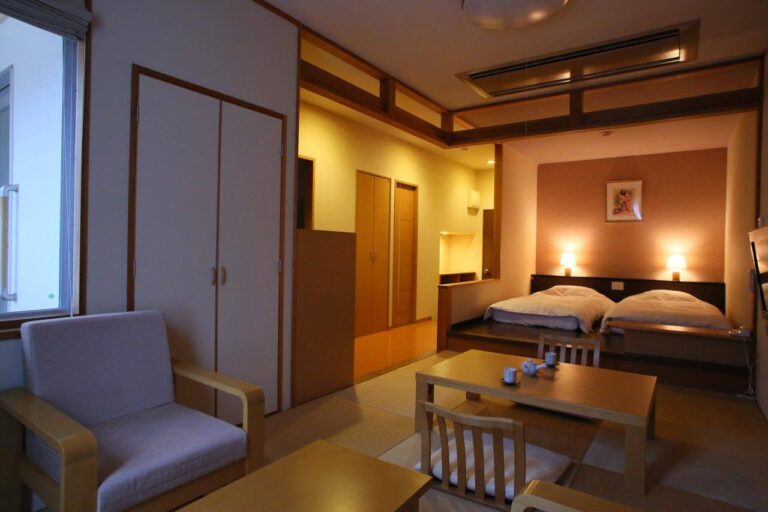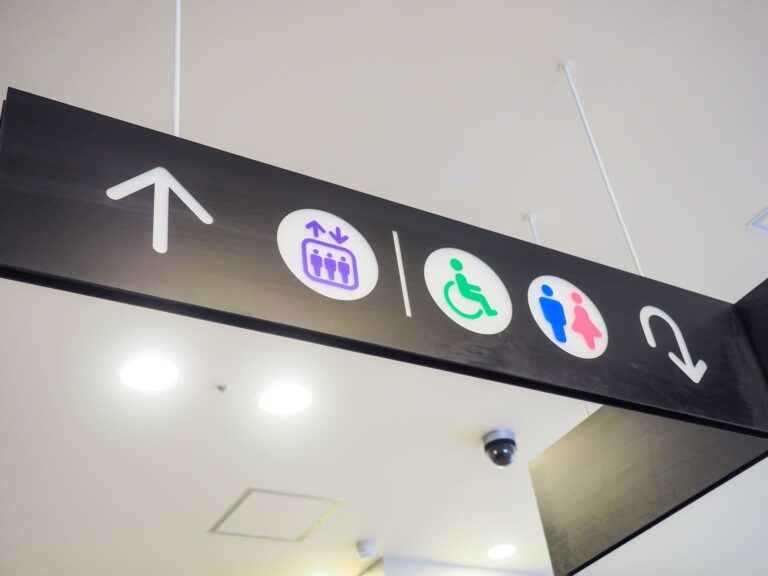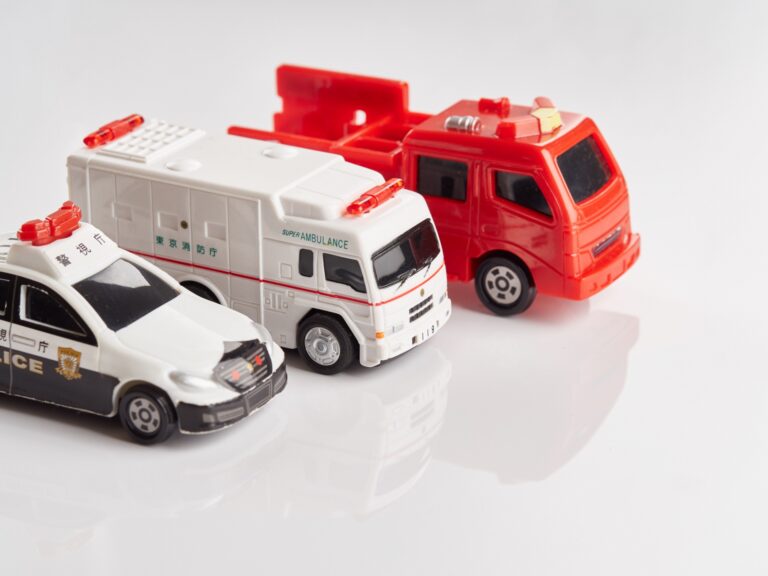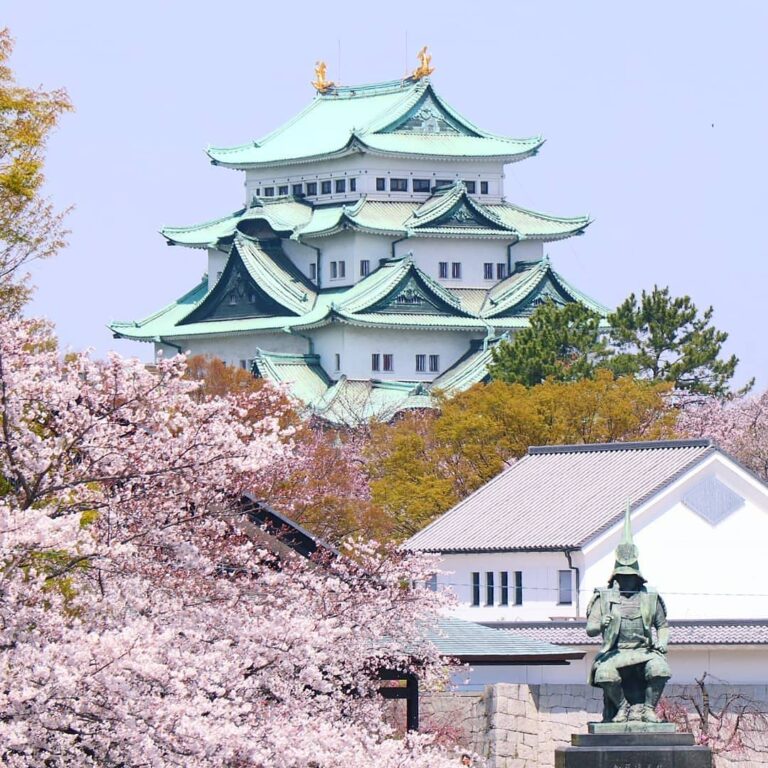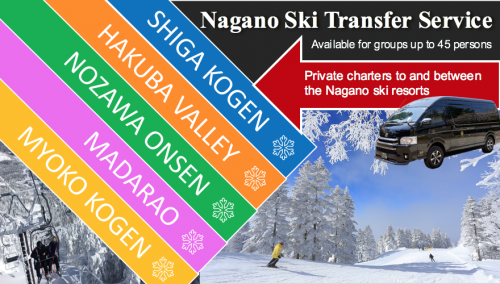Staying Safe & Healthy in Japan
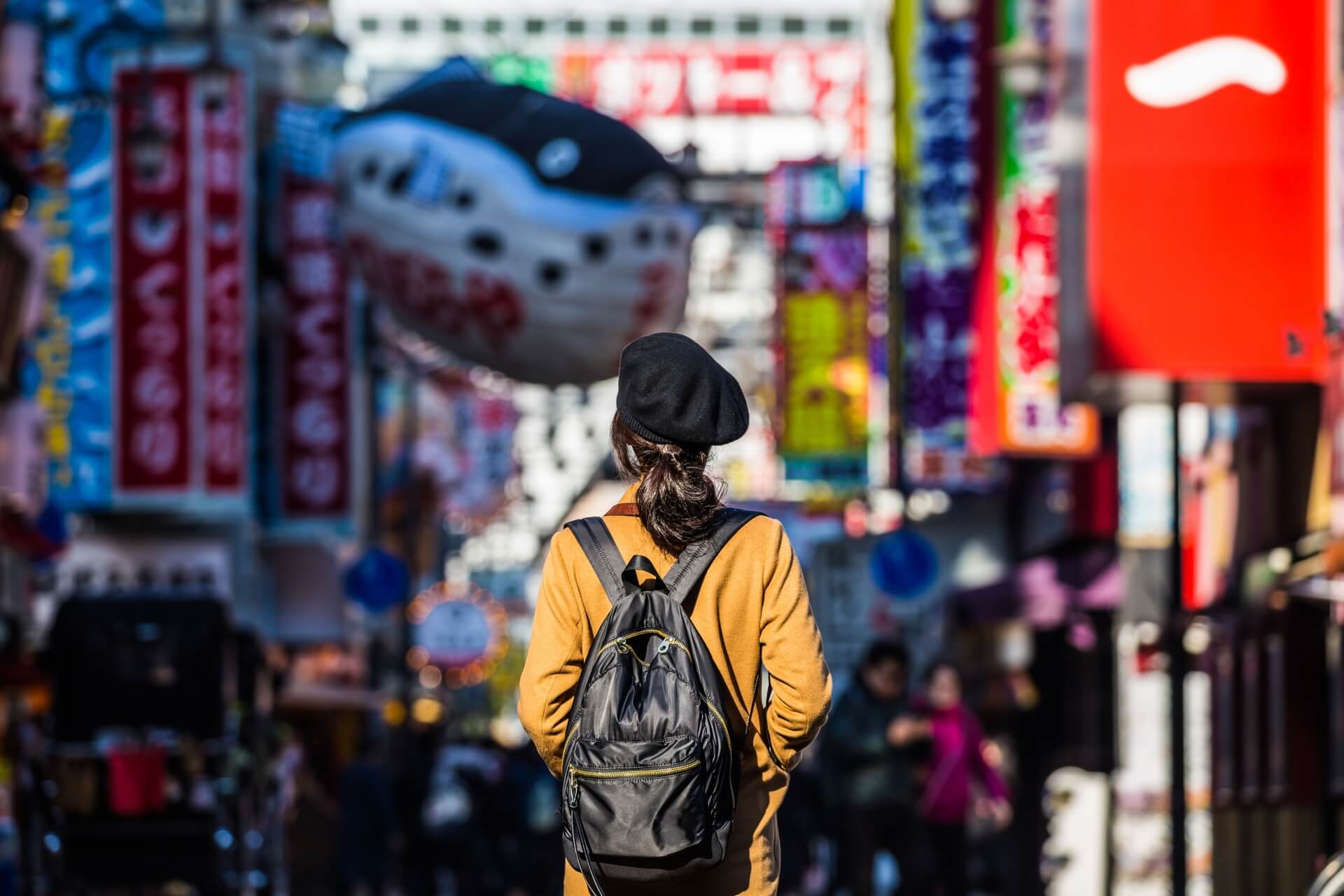
As one of the safest countries in the world, visitors to Japan can expect a comfortable visit in many regards. The low crime rate and high standard of living make Japan hugely appealing as a destination. Indeed, it’s a somewhat amazing fact that despite being the world’s largest city, Tokyo is also rated among the most safe anywhere on the planet. With that said, it is worth knowing what to expect and acting in a manner that ensure your health and safety.
On this page you will find the following information:
For further essential travel information, see our ‘Plan Your Visit’ main page.
IS JAPAN SAFE FOR TRAVELERS?
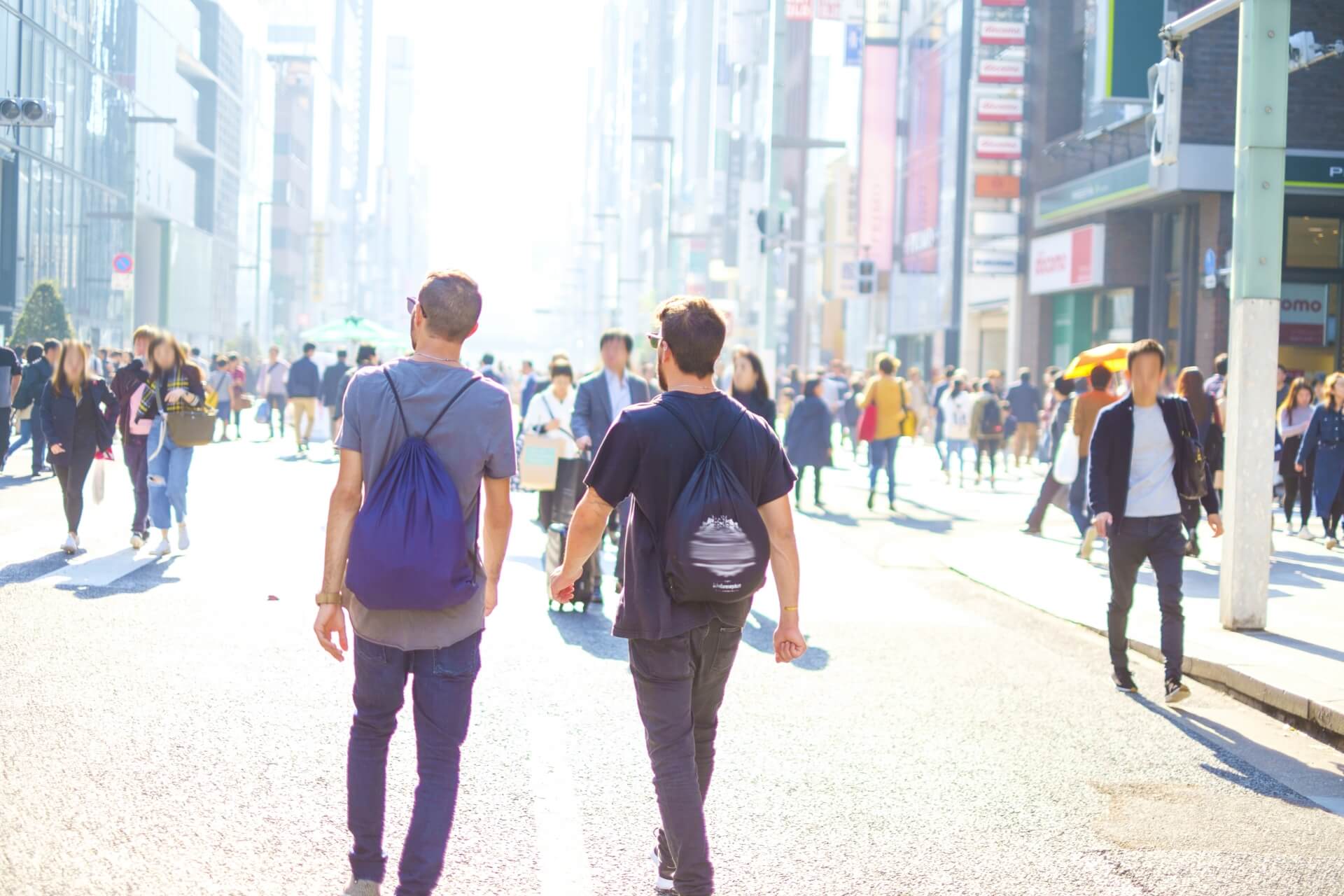
Japan is one of the safest countries in the world, allowing you to travel with peace of mind wherever you go. Even in large cities such as Tokyo, Yokohama, Kyoto, and Osaka you can expect to move around freely, at any time of day, without hindrance. This includes moving around at night.
Rates of both minor and serious crimes are low and laws prohibiting firearms and weapons are strictly enforced, meaning that violent crimes are relatively rare. You are unlikely to experience any or witness any trouble while here and you will quickly notice how relaxed many Japanese are, leaving their personal items including wallets and phones unattended or clearly visible in public places.
Although safe, Japan is not a utopia and crime does exist. Travelers should always exercise a reasonable degree of awareness about your surroundings and be vigilant of who’s around, especially in entertainment areas including around ‘pachinko’ (gaming/gambling centres), karaoke, ‘snack’ (hostess) bars, nightclubs, ‘love hotels’ and other late-night venues.
If you experience any trouble, do not engage or escalate the situation. Japanese people generally do not like public embarrassment, so even if they are the aggressor, should the other person respond in an aggressive manner it is likely to quickly escalate. Should you be harassed or the victim of a crime, do not hesitate to contact the police.
ALCOHOL & DRUGS
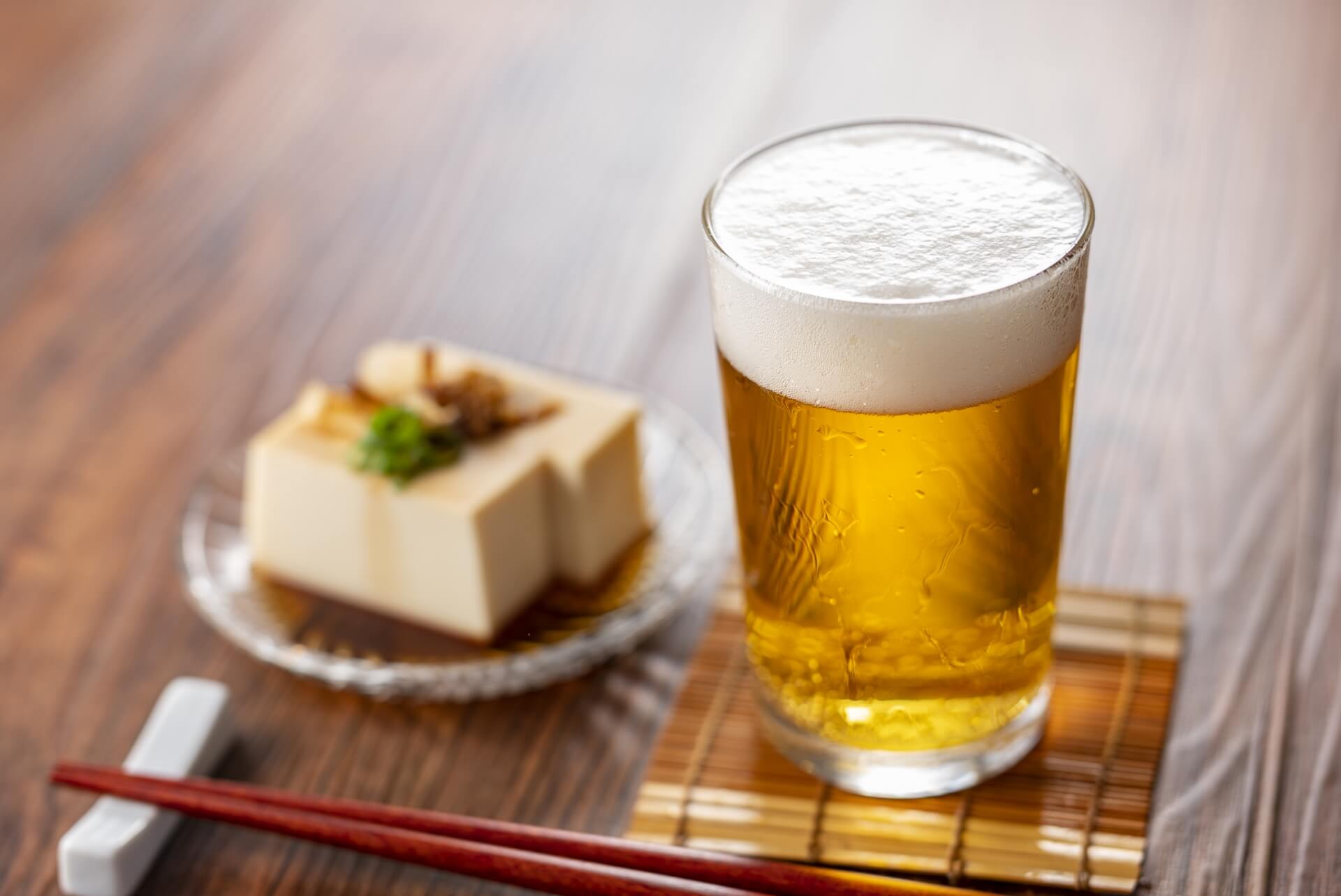
The legal age to drink alcohol in Japan is 20. Japanese generally follow this law and it is expected that foreigners do too. As a foreigner, it is unlikely you will be asked for ID when being served however if you are found to be drinking under-age, expect there to be repercussions including the possibility of police involvement. Alcohol is readily available in Japan and relatively cheap compared to many countries. It is not unusual to see displays of public drunkenness in the evening, especially in large cities where company employees – often called ‘salarymen’ – are obliged to drink with their boss and colleagues. This drinking can be hard and fast, leaving some intoxicated. Japanese generally turn a blind-eye to this as long as they aren’t causing a nuisance. It is very unlikely that this will lead to you having a problem however if you become intoxicated and are seen to start trouble, expect the police to be involved and for your time in Japan to end with a stay in a cell. So enjoy yourself but don’t overdo it and follow the rules.
Japan has zero tolerance for drugs and the law is strictly enforced. If you are found in possession of any illegal substance, regardless of the quantity, you will be arrested and put in prison. Japanese law allows police to hold people for an extended period of time without legal representation. If you are arrested on any drug-related charge, you will end-up in prison and it might be a long time before you can speak to anyone. You will likely be found guilty and could spend a lengthy period incarcerated before being shipped-off home. While Japan doesn’t have the death penalty for drug-related crimes, there is little sympathy in the community for anyone engaging in such behaviour so don’t take any risks.
WHAT MEDICATION CAN I BRING TO JAPAN AS A TOURIST?
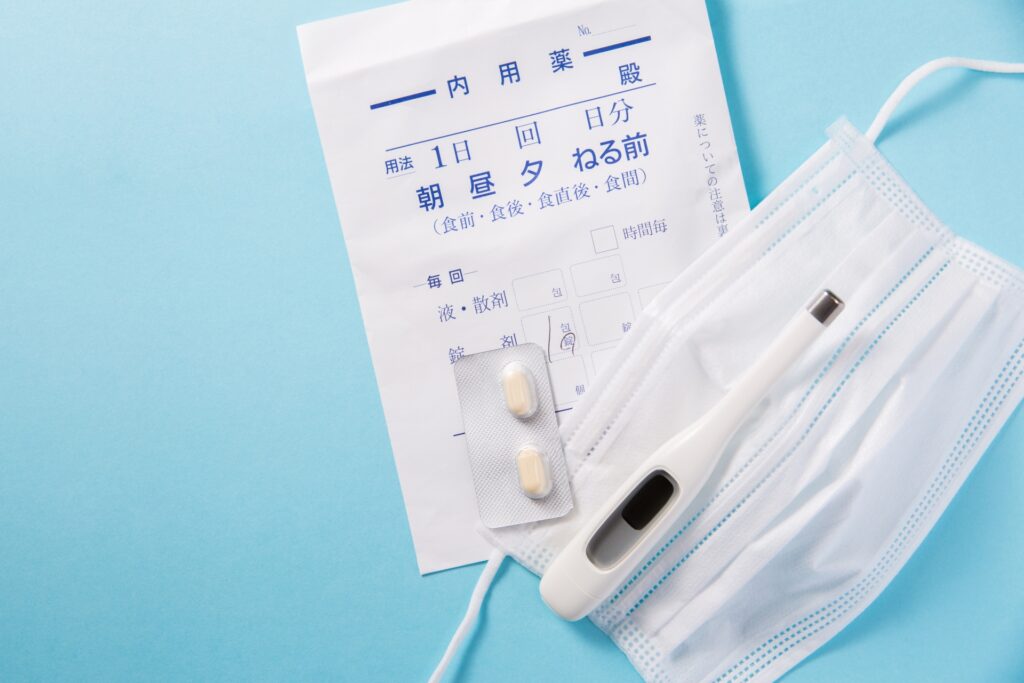
Japan has one of the world’s best health systems meaning that you should have no problem obtaining medication while here. There are however a couple of important things to note to avoid confusion or any trouble. While here, you should have no trouble finding equivalent over-the-counter (OTC) medication that you do in your home country with two important exceptions:
1 / any medicine containing more than 10% pseudoephedrine is prohibited
2 / any medicine containing any amount of codeine is prohibited
Do not carry any such medication with you when entering Japan. Travelers are permitted to bring a 2-month supply of any other OTC. Travelers are also permitted to bring a 1-month supply of any prescription drug as long as it does not fall under any of the prohibited medications (as described above) and is for personal use. It is important to note:
— any medication including opium, cannabis, amphetamines and methamphetamines is prohibited, regardless of whether you have a prescription.
Do not carry any such medication when entering Japan. For any other prescription medication, follow the rules and make sure to carry your prescription with you. For further details, refer to the ‘Ministry of Health, Labour and Welfare’ website including applying for clearance to carry more than a 1-month supply of medication. If you need to purchase medication while here, you again shouldn’t have any problem finding a pharmacy. They are dotted throughout most cities and towns and can provide the following without a prescription:
CLASS 1: strong medication with potential side-effects which can only be dispensed by a pharmacist. You will be asked to explain your symptoms so that they can choose the correct medication for you. They are then required to explain about the medication including potential side-effects to you. Even if you can’t understand, they are still required to explain things to you.
CLASS 2: includes cold and headache medicine with potential side-effects. The pharmacist is also required to explain things to you.
CLASS 3: standard medication, vitamins and probiotics. The pharmacist is not required to explain anything unless asked.
MENTAL HEALTH SERVICES
Like many countries, mental health is huge and ongoing issue in Japan which unfortunately, remains often stigmatised and not publicly discussed. This extends to the mental health and treatment of international visitors and residents who often find dedicated services poorly lacking. This is most pronounced when it comes to accessing services in foreign languages. Thankfully there are a couple of services to be accessed. Tell offers free, anonymous and confident telephone support in English and other foreign languages on 03-5774-0992 while the International Mental Health Professionals Japan website provides a database of registered mental health workers who can provide counseling in English and other foreign languages. For a link to a national database of medical institutions, including those offering counseling and psychiatric services, see our ‘Health System – Hospitals vs Clinics’ on our ‘Getting Assistance in Japan’ page.





